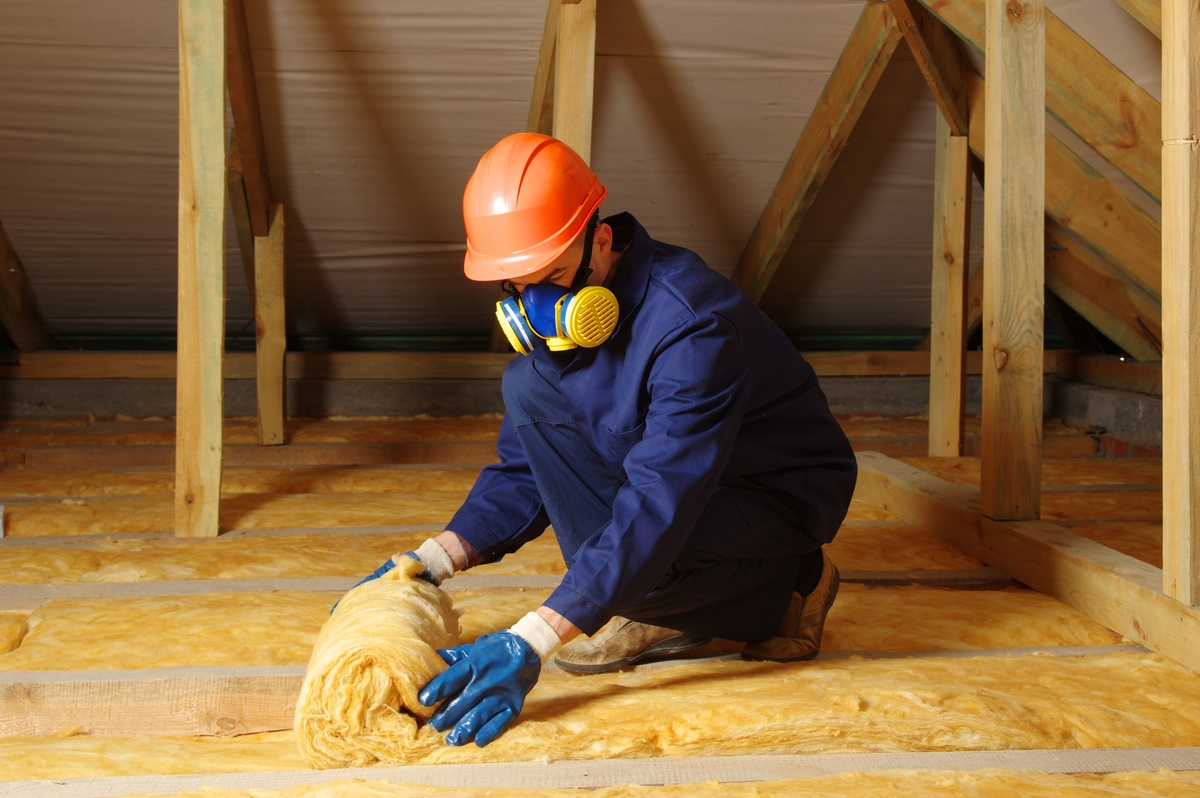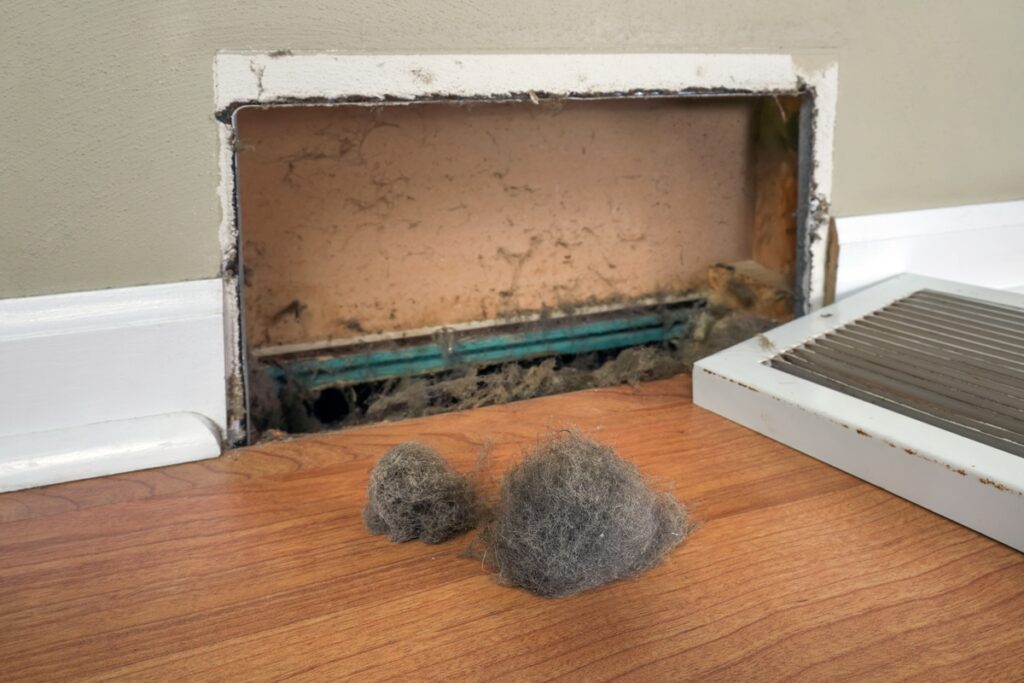

Connecticut winters can be brutally cold, with temperatures often dropping well below freezing. For homeowners, this means higher energy bills and increased strain on home heating systems. However, with the right strategies and energy-efficient HVAC systems, you can keep your home comfortable while minimizing energy consumption and reducing costs.
Connecticut’s unique climate presents specific challenges for home energy management. The state experiences prolonged cold periods, with average winter temperatures ranging from 20°F to 40°F, and occasional drops into single digits. These extreme conditions put significant pressure on home heating systems and can lead to substantial energy waste if not properly managed.
The cornerstone of winter energy efficiency is your heating system. Today’s energy-efficient HVAC systems are light-years ahead of older models, offering:
Proper insulation is your first line of defense against winter heat loss. Critical areas to focus on include:
Professional energy assessments can help identify specific insulation gaps in your home, potentially saving you hundreds of dollars annually on heating costs.

While not glamorous, having a well-insulated attic can save you hundreds of dollars per year in energy costs.
Modern smart thermostats go beyond simple temperature control. These intelligent devices can:
By implementing a smart thermostat, Connecticut homeowners can typically reduce heating costs by 10-15% annually.
Regular maintenance of your HVAC system is crucial for maintaining peak efficiency. Recommended practices include:
A well-maintained heating system can operate up to 95% efficiently, compared to a neglected system that might drop to 70% efficiency.

When was the last time you had your ductwork inspected? You may be surprised at what you find… and how much you can save!
Maximize natural heat gain by:
Emerging technologies like heat pumps offer significant energy efficiency improvements:
By implementing energy-efficient HVAC systems and comprehensive energy management strategies, Connecticut homeowners can:
When shopping for new heating systems, pay attention to:
Higher ratings indicate more efficient systems that will save you money in the long term.
While upgrading to energy-efficient HVAC systems requires initial investment, long-term savings are substantial:
At Valiant Energy Solutions, we understand the unique energy challenges faced by Connecticut homeowners. Our comprehensive services include professional energy assessments, customized HVAC system recommendations, expert installation, and ongoing maintenance. We’re committed to helping you transform your home into an energy-efficient haven, reducing your environmental impact while saving you money. Our team of certified technicians uses cutting-edge technology and personalized approaches to ensure your home stays warm, comfortable, and cost-effective throughout Connecticut’s challenging winters.